Thank You Letter from #TIHR70
Thank You Letter from #TIHR70
Posted
1 November 2017
Bringing you news and photos from our Four Days in October.
We have found a genuine pleasure in crafting our thank you letters this past week as an imaginative and reflective practice that has taken us back through the process of conceptualising and realising the four days of the festival. It has been an extraordinary encounter with the unerring faith, generosity and vision of a very long list of people and organisations, leaders, managers and contributors of the events, without whom it would not have been possible. We can proudly report on the success of co-creating a vision-come-experience as we brought our archives to life. Their release coincided with 70 years of becoming more humane and was an opportunity both to celebrate the past and to deepen our practice in looking forward and transacting with the future.
Out of the four festival themes, NOW, HERE, THERE, THEN there emerged four centrepieces to the festival:
The daily Social Dreaming Matrix at the Reading Room in the Wellcome Library attended by many which became the link between the private dreams of festival goers and the wider context of the festival where hurricane and other Ophelias visited; the “Dead came to collect the living and the archive was about helpers not ghosts”.
The Group Relations for the Silver Generation event provided thirty people and 5 staff in their 70s and 80s an opportunity to debate their fears of loss and vulnerability, their terrors of abandonment, their apprehension about falling, and their fears of illness and dying alone. As we hear of the idea of private rental schemes (The Guardian 26 October) we responded by emailing the Guardian with our belief that the scheme will only exacerbate these fears and ultimately lead patients back to hospital. Elderly people are vibrant, are quick on their feet and still have much to offer society in terms of learning, development and creativity.
The Thursday symposium In the Shadow and Light of the Archive where six speakers artfully took us from past to present to future with their extremely different stories and interpretations from the archive. Alice White’s and Daniel Monninger’s PhD research on the early work of the Tavistock Institute’s development of selection processes, Frances Abraham and Elliot Stern conversed on stage on their joining the Tavistock Institute in the 70s in the time of R.D. Laing and what they as young action researchers learnt and took from their encounters in the field. Eliat Aram took a radical stance at redefining those motivated to work in this tradition as Tavistockians. This meant holding an identification with orphanhood both as individuals and as an organisation with its own history of misplacement and abandonment. All these words and themes were presented back to and through us in a poetry session with Dreadlock Alien.
Past, Present, Future from the Tavistock Institute Archive. An exhibition around ten precious and key pieces from the Tavistock Institute’s archive with texts and commentary by TIHR staff and archivists from the Wellcome Library. This display was the backdrop for the many events happening daily at the Swiss Church.
This is not to mention the many other extraordinary events, such as, the Duddy family who came from Northern Ireland to remember their father and the importance of his relationship with the work of the Tavistock Institute. He also an orphan of a kind as he worked secretly and alone as a peacemaker. The extraordinary arts performances by East15 and Entelechy as they offered an energy to the festival with their embodied, visceral interpretations of human relations, of archive, of storytelling, ageing, inclusion and exclusion, organisation, society.
In temporarily reorganising ourselves in service of the global community we have also re-affirmed the place the Tavistock Institute has in going forward into the next 70 years. We have re-learnt that one of the Institute’s roles, perhaps the most fundamental one, is to work with context, to provide fundamentals upon which threads can be woven, praxis can be theorised and theories can be practiced. We are committed to continue to do that, applying out multi-disciplinarity to contain cycles of development, conscious, hidden and sometimes unconscious, at the inter-personal, inter-group, organisational, communal and societal levels.
In the immediate term, we will be uploading recordings, reports, photographs and other outputs from each event onto the festival website. These will include recordings from the symposium.
For now the Storify of the festival is available at here and tells a good tale of the four days including many of the wonderful events that we don’t have space to cover here.
Juliet Scott, Festival Director
Eliat Aram, CEO
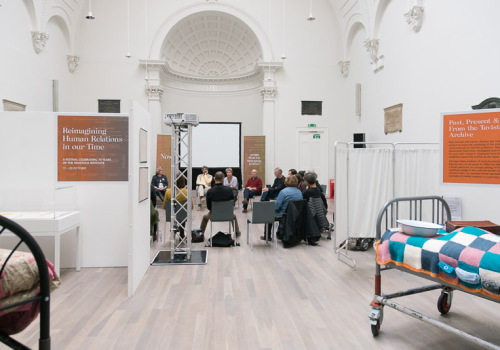
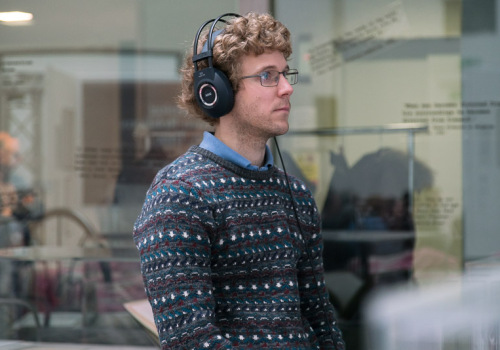
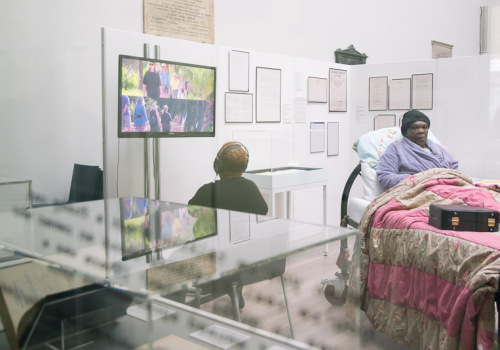
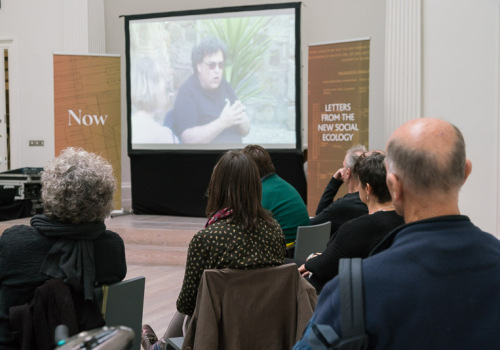
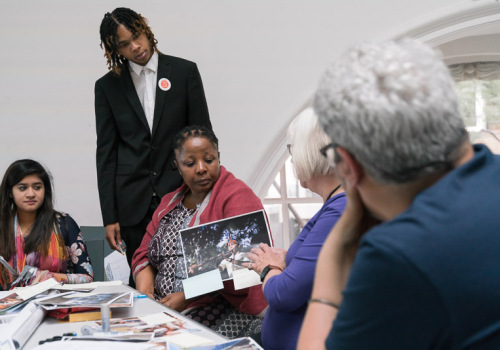
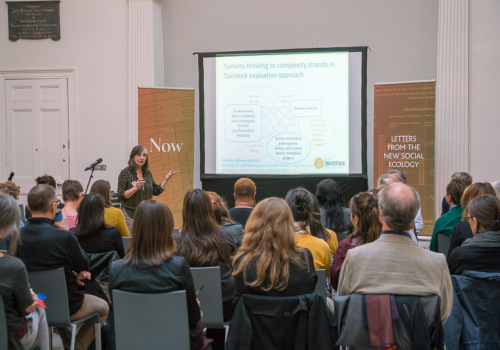
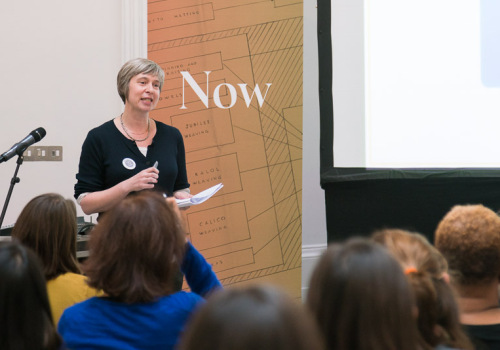
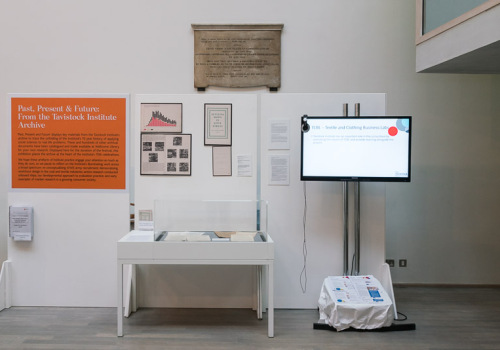
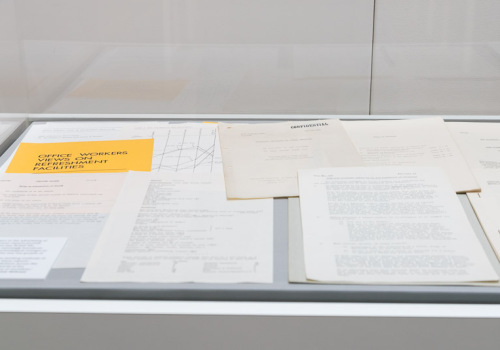
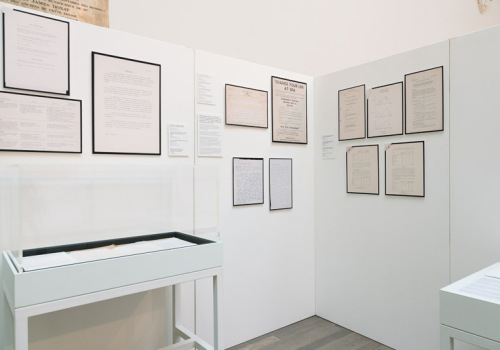
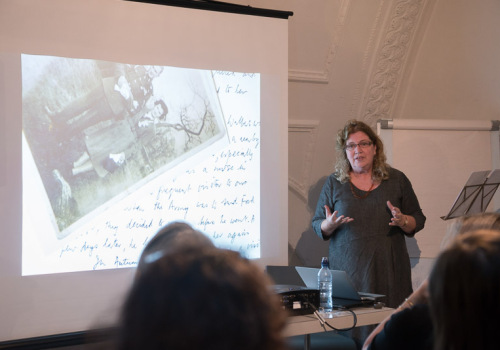
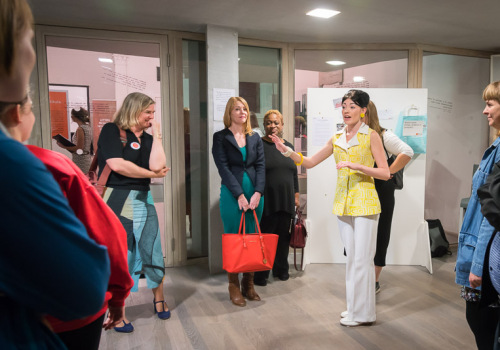
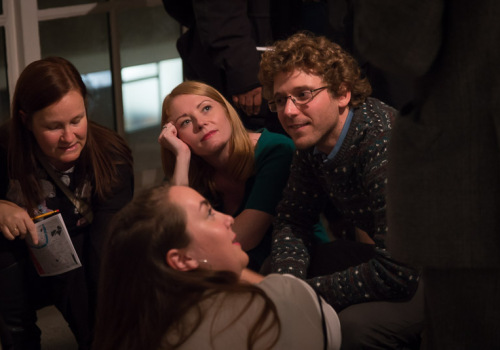
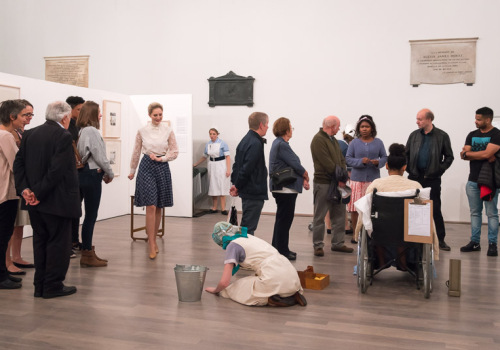
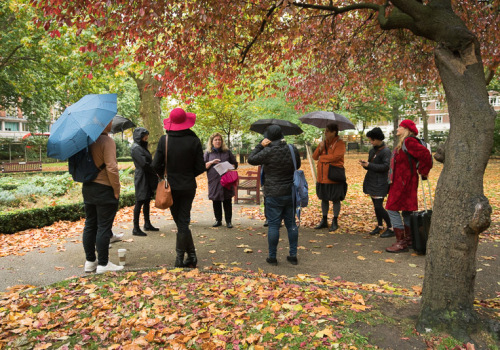
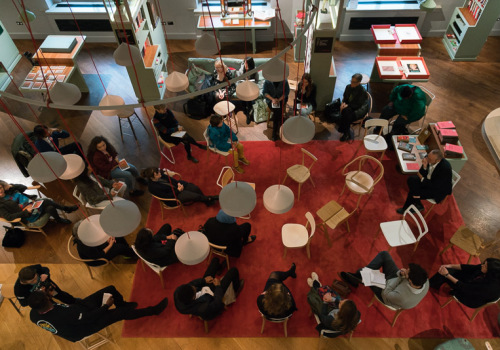
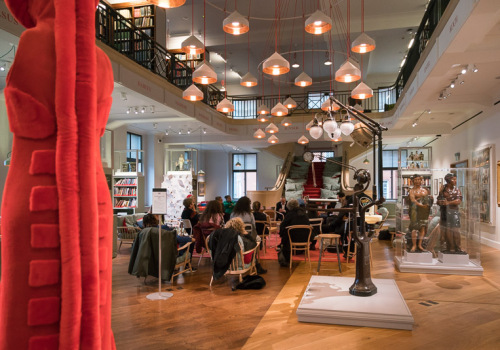
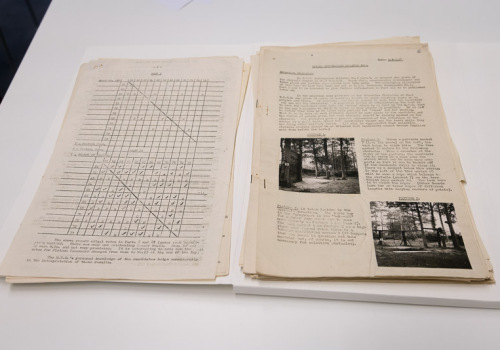
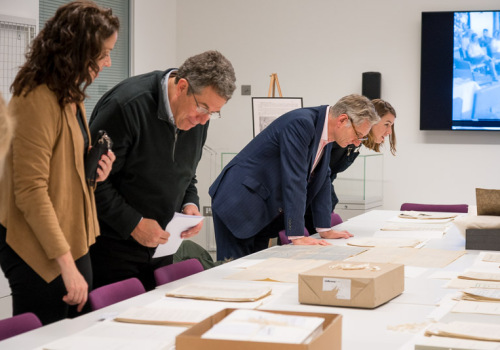
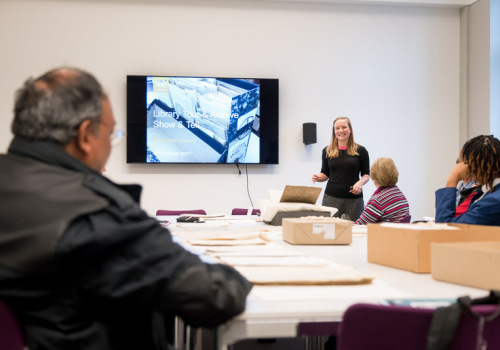
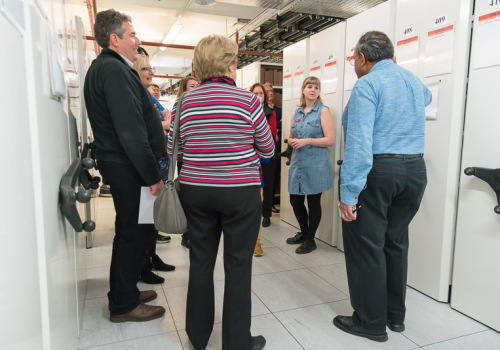
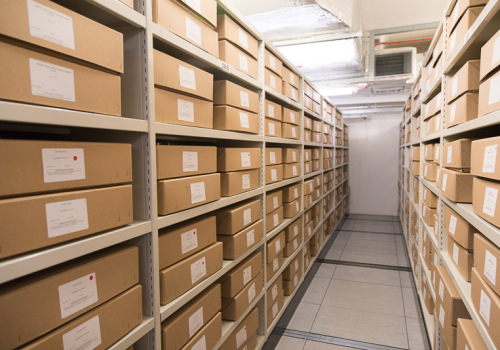
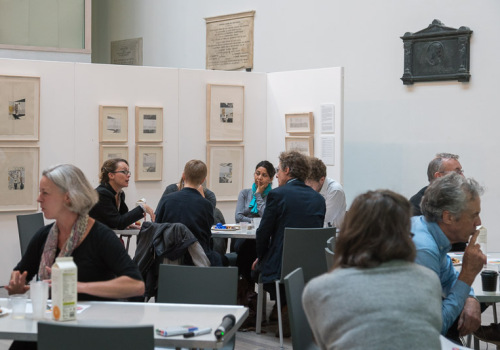
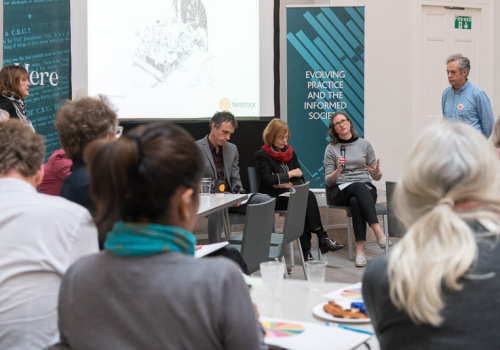
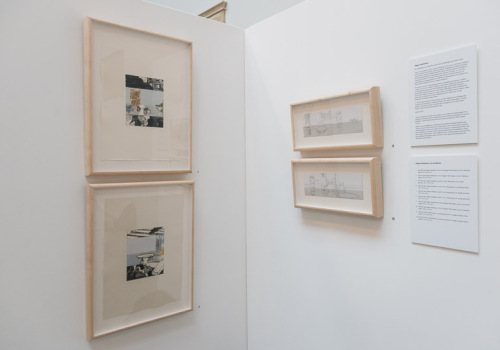
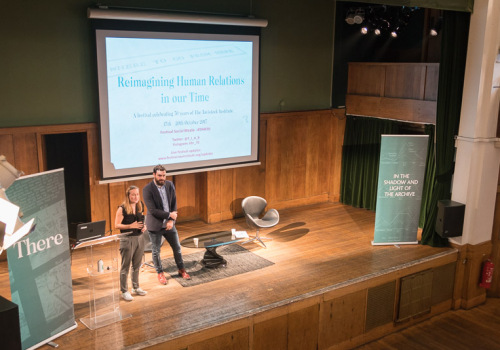
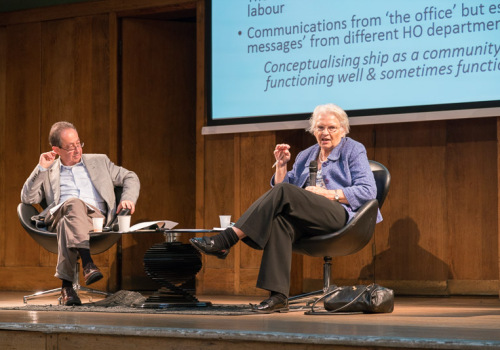
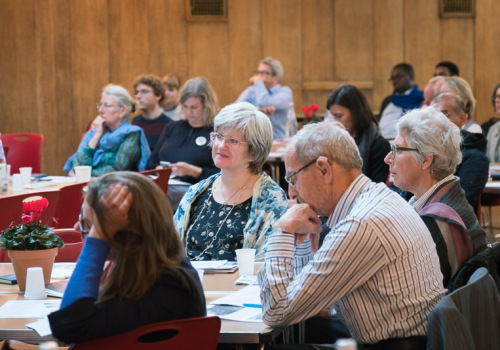
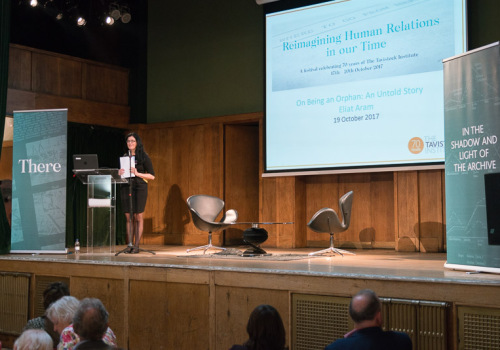
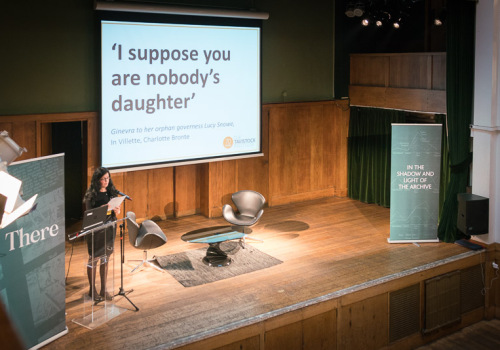
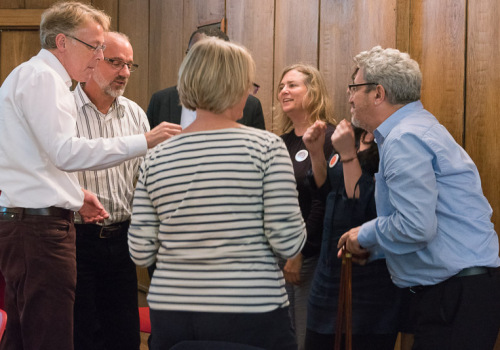
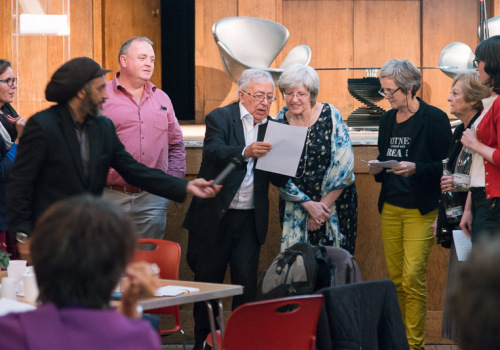
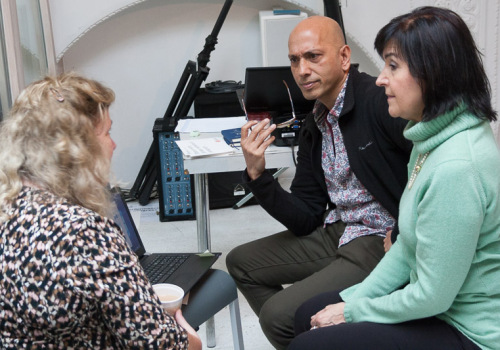
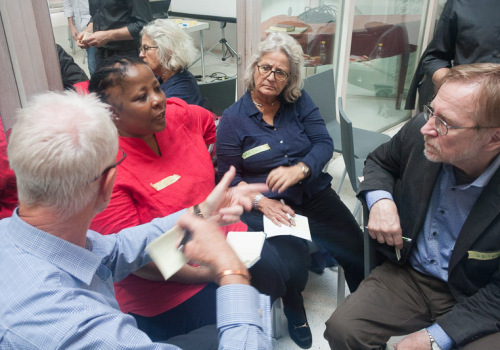
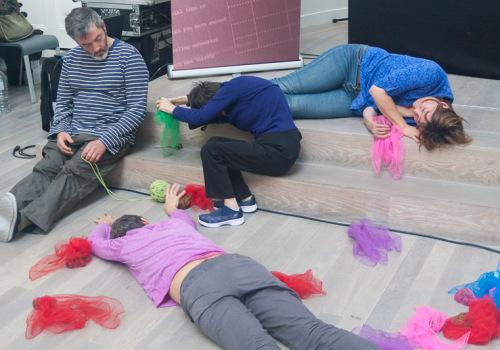
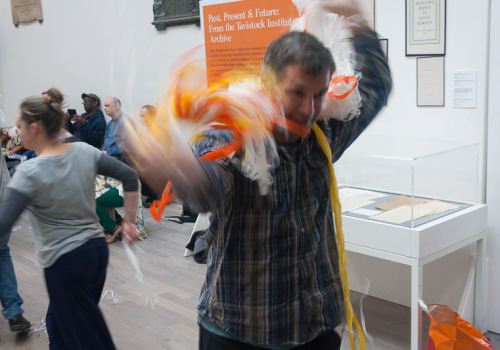
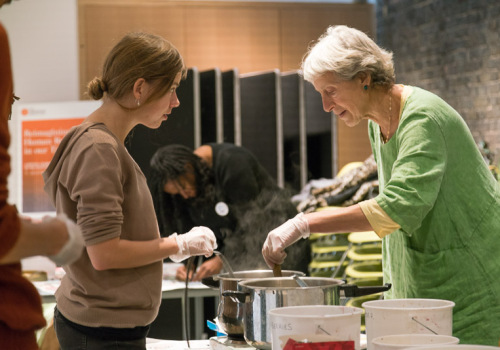
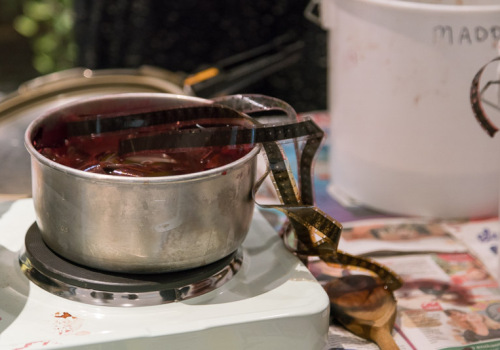
TIHR70 Festival, The Tavistock Institute of Human Relations, London 2017.
Photos: Sam Nightingale & Tierick Spencer